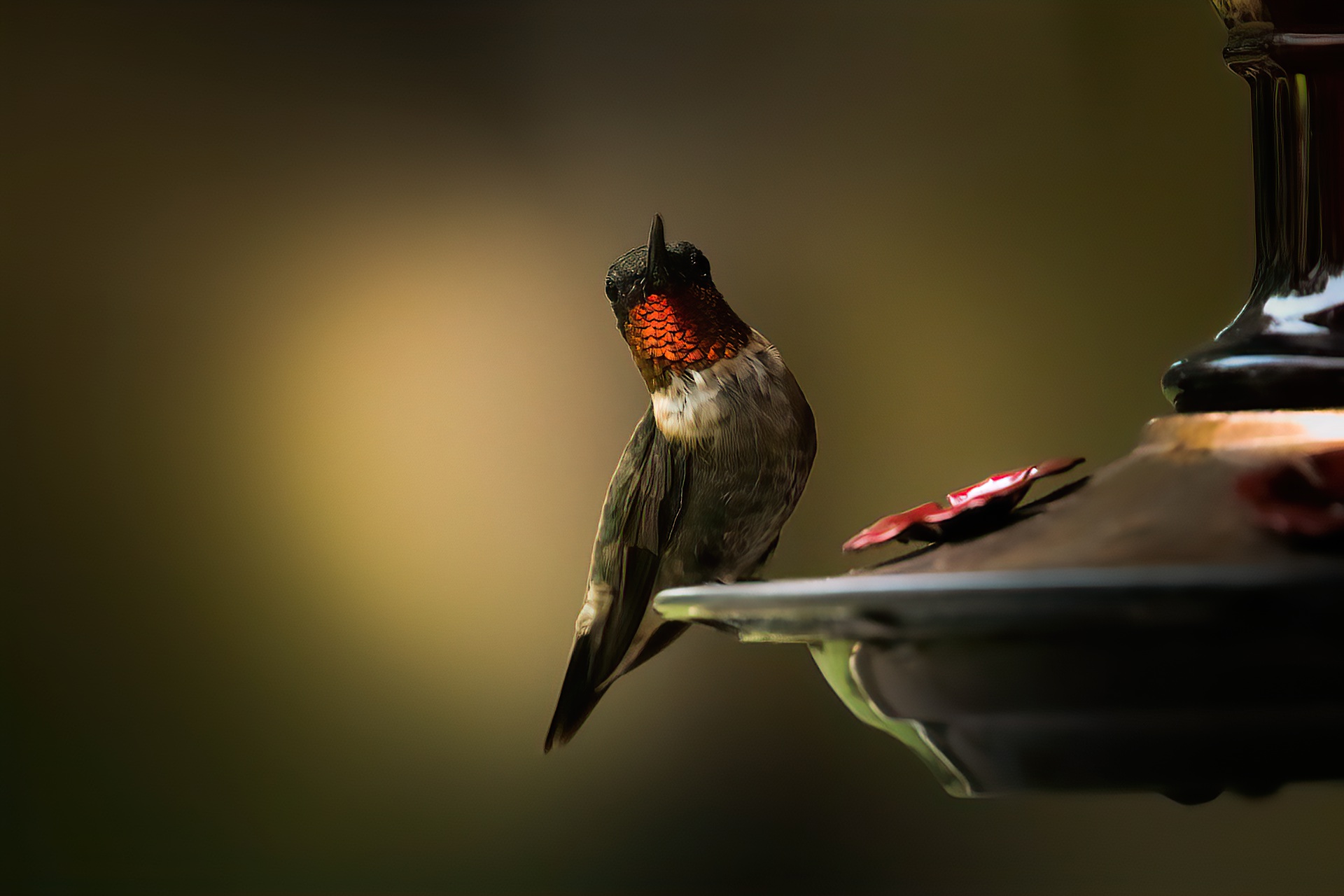I recently watched “Night at the Museum” with my daughter. In this movie a quiet history museum is magically brought to life and the night security guard tries his best to bring the chaos under control. With a Tyrannosaurus skeleton running through the galleries and various historical wax figures jumping into the action, the movie becomes a fun and exciting adventure. In the end, the security guard saves the day and finds ways of caring for all of the living exhibits.
Most museum curators will not have these kinds of exciting, edge-of-your-seat stories. Yet curators interpret history in creative ways. These are the story-retainers and story-tellers who attend to beautiful artifacts and relay their meaning. They care about gathering and celebrating history, art, culture and the natural world. Curators create an environment where visitors can learn and engage.
‘Curator’ comes from the latin word, ‘curare’ which means, to ‘take care.’ It’s a fitting word for museum curators. They ‘take care’ of their museum and the stories the museum is telling. This word, ‘curare’ is found in other professions, too. In law, curators are the legal guardians intended to care for a minor or ill person. Church pastors were once called ‘curates’ because of their role to care for the spiritual wellbeing people in their church and community.
Today it seems old fashioned to talk about curates and curators. Yet there is something compelling about those who make it their purpose to care for others and the world around them. Being ‘care-full’ is a particular quality that is often left to the professionals – the nurses, the doctors, and the social services workers. Yet professionals alone cannot bring about the kind of caring culture we need. John McKnight, author of Careless Society, wrote that “it is only in community that we can find care.” He’s right. When we become the kind of people who care for others in our neighbourhoods, our neighbourhoods become the kinds of places that provide care back to us.
We may be able to care for our neighbours in obvious ways, such as fixing a flat tire or giving a cup of sugar. Yet becoming the curates of our neighbourhoods takes caring to a whole new level. We become people who are alert to what is happening in the neighbourhood, attentive to the environment that we are fostering, the words we use, and the places we share together. We care about local school teachers, or whether the barbershop is doing well. We care about the mom walking her kids to the park and the city staff fixing the sewer system. Curates see the stories that are often missed in passing and find ways to celebrate the good things they see.
Becoming the curator of your neighbourhood may not be like a “Night at the Museum,” but I’ll bet there is more than a little excitement and adventure around the corner if you begin to look for, and after, it.







